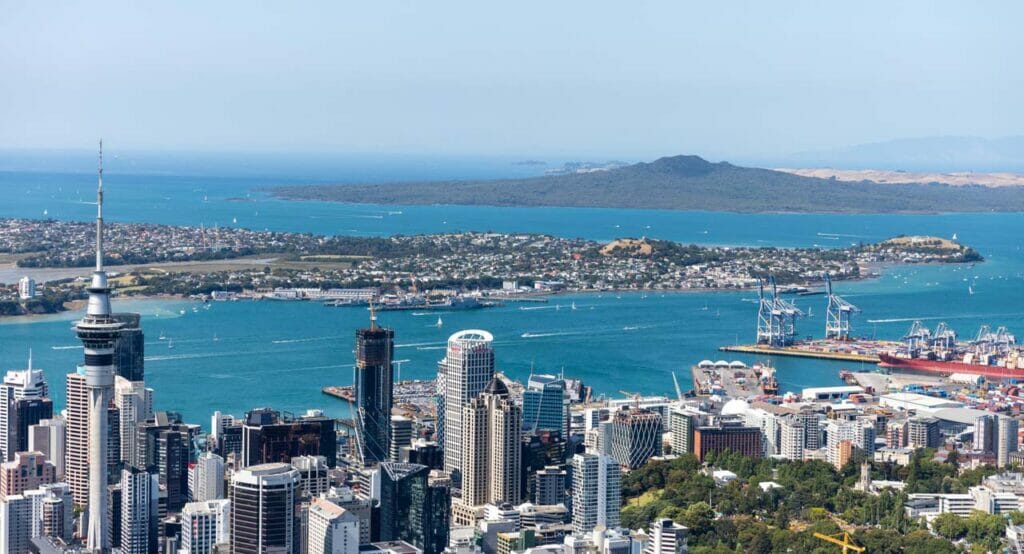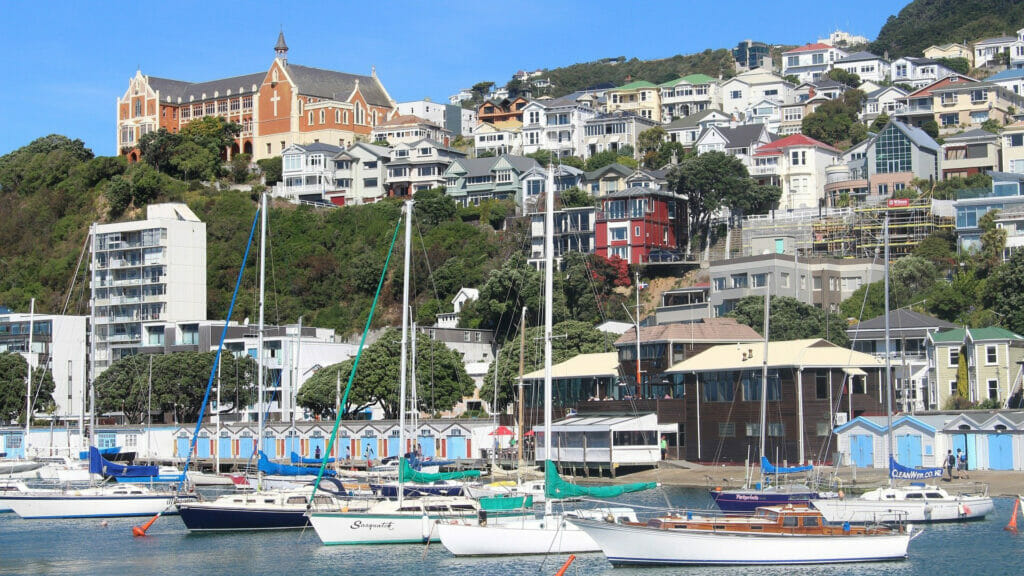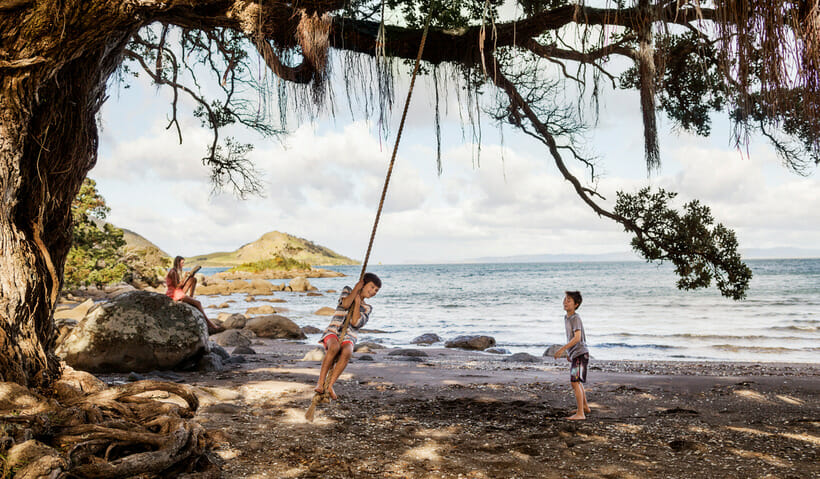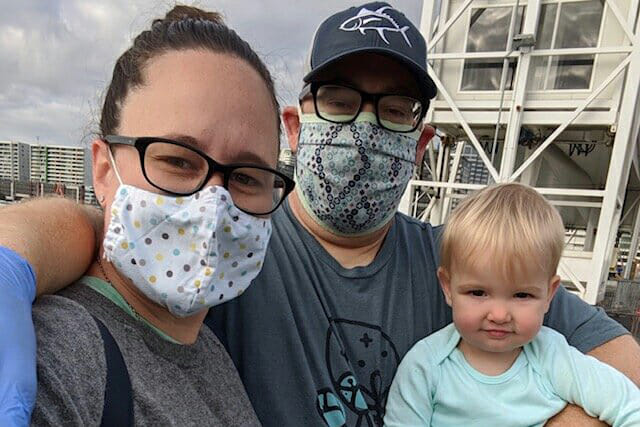
After almost 20 years in London, Paris and Australia, Helen Fitness is grateful to be home. But that joy can be undercut by awareness of the living conditions facing her network of close friends across the globe. ‘It’s almost like we are living in two different worlds. During the last lockdown I didn’t really feel I had the right to feel lonely or sad when I compared the restrictions on my life to what friends were going through.’
Expat Mental Health Expert, Dr Sonia Jaeger works remotely with clients worldwide and agrees that different COVID experiences are having an impact on those of us who live in places like New Zealand where the effects on health and daily life have been less extreme. ‘It’s a complex thing – some people feel guilty for not feeling guilty all the time, others feel guilty for having a good time while friends and family are suffering.’
Survivor guilt shows up in many ways. Physical symptoms include appetite changes, difficulty sleeping and feeling unwell with headaches or nausea. Dr Sonia says, ‘There’s also a full range of psychological effects ranging from irritability and feelings of shame/helplessness/unworthiness through to flashbacks and suicidal thoughts, which can lead to PTSD if not treated. So do seek professional help if you or someone you know is really struggling.’
Like many wellbeing issues, successful strategies for tackling survivor guilt are quite individualised. I find that this toolbox of approaches gives people a menu of options to find solutions that work for them.
Address your guilt
It can be easy to minimize survivor guilt as irrational or self-indulgent. The first step is to acknowledge that it’s real.
As a People and Culture Consultant, Helen says she coaches herself through. ‘Having those feelings is OK, it’s whether you stay in them or not. I find that if I acknowledge them, they can disappear quite quickly.’
Dr Sonia recommends self-compassion and mindfulness, which is especially important for handling guilt and shame. Be kind to yourself about experiencing survivor guilt and remember you’re unlikely to be alone in feeling this way. Over 50,000 Kiwis have returned home since COVID and many are now living in a much better COVID situation than people they love offshore.
Take action to help offshore whanau
Expats commonly tell us of their specific guilt about elderly parents and friends who are unwell overseas.
Find ways to help those who are more affected than you. ‘Taking action will boost you, and them – there is always something you can do, ‘advises Dr Sonia. Ensure they have a support system (whether professional or family/friends) and keep in touch. Some people like to get surprises such as flowers or gift baskets. ‘I’m based in Australia, but I can order my mother’s groceries in France or research doctors, make appointments and send her directions for how to get there,’ shares Dr Sonia.
You do have the power to make the lives of your loved ones better, even if you can’t be there.
Find out how THEY feel about your life in New Zealand.
Have the conversation to understand what your family and friends want for you.
When expat Kiwi Geraldine Collett returned home after 26 years in London her elderly mother chose to stay in the UK. ‘My Mum was adamant that we should go and is thrilled that our life is now so normal,’ adds Geraldine.
There will always be guilt about leaving. But having the approval of your family or friends makes a big difference. Often, they will only want the best for you.
Be sensitive with what you share
Having so many communication tools at our disposal makes it easier to maintain distance relationships. But oversharing about how good life is in New Zealand can make you feel more guilty.
Geraldine has remoted her business development role to New Zealand and toggles between different levels of information depending on who she’s interacting with. ‘I can talk to colleagues in Australia about popping out for coffees with clients. When reporting to the UK and the US, where life is more constrained, I keep it factual and business-like’. She is comfortable reassuring family and friends in the UK that her daughter is happy at school, but she refrains from sharing images of everyday life here.
It’s also important to realise when life is getting better offshore. There’s less reason to feel guilty as COVID comes under control in some parts of the world. ‘I posted about a recent trip to Wellington for friends in the US who are now able to travel interstate. It felt good to rationalise that they were in an improved situation, and to resume more relaxed communication with them,‘ recalls Helen.
Returning to New Zealand is major logistical and emotional exercise. As a Kiwi expat you want to enjoy coming home to a relatively COVID-free life. Understanding and addressing survivor guilt will put you in a good place to do just that.
Wondering what else you need to consider when moving to New Zealand? Our free Move to NZ checklist can help you think about the various pieces of relocating internationally.
Thanks to our partners at Mobile Relocation for this piece.
COMING HOME?
Resources
We’re here to support returning Kiwi. Here’s our list of resources to help you plan your return and next steps.
Jobs
Looking for a new role in New Zealand? Visit the Kea job portal and find your next career opportunity.

 MENU
MENU










